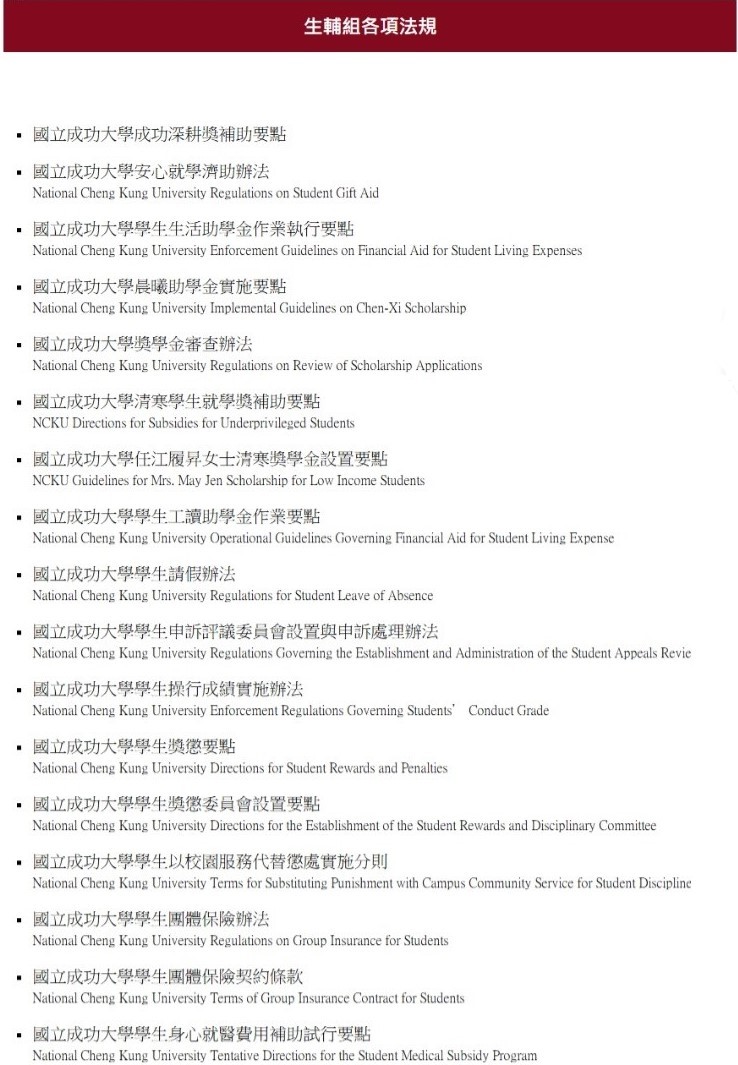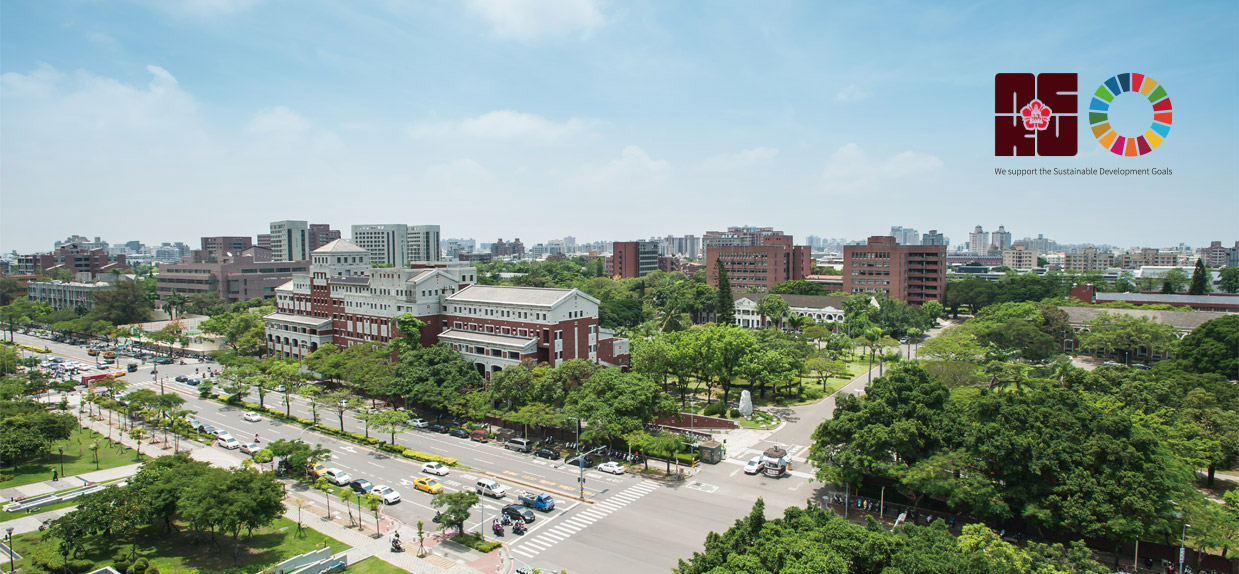In 2024, National Cheng Kung University (NCKU)'s efforts and corresponding achievements in the SDG 1 (No Poverty) are as follows:
- Participation in Policy Formulation and Implementation
 NCKU engages in policy and social impact initiatives at multiple levels. The “Innovation and Sustainable Development of the Dongshan Coffee Industry” course combines fieldwork, hands-on practice, and biotechnology to help farmers improve skills and coffee quality, increasing income and stability. The team also launched the “Taiwan Coffee Evaluation System” to optimize green bean quality using scientific data, enhancing market value, competitiveness, and access to international markets, thereby supporting fairer compensation and sustainable regional growth.
NCKU engages in policy and social impact initiatives at multiple levels. The “Innovation and Sustainable Development of the Dongshan Coffee Industry” course combines fieldwork, hands-on practice, and biotechnology to help farmers improve skills and coffee quality, increasing income and stability. The team also launched the “Taiwan Coffee Evaluation System” to optimize green bean quality using scientific data, enhancing market value, competitiveness, and access to international markets, thereby supporting fairer compensation and sustainable regional growth.- Implementation of Supportive Policies and Programs
 NCKU also plays an active role in the implementation of policies, promoting initiatives aimed at addressing poverty. These measures include financial aid, educational support, and mental and physical health protection for disadvantaged groups. Detailed regulations and guidelines can be found in the compilation issued by the Student Assistance Division.
NCKU also plays an active role in the implementation of policies, promoting initiatives aimed at addressing poverty. These measures include financial aid, educational support, and mental and physical health protection for disadvantaged groups. Detailed regulations and guidelines can be found in the compilation issued by the Student Assistance Division.- Comprehensive Approach to Multidimensional Poverty
 Beyond economic poverty, NCKU acknowledges the multidimensional nature of poverty, considering social and environmental aspects as well. Related policies and programs are designed to provide support across these dimensions. For instance, the university prioritizes the procurement of goods and services from organizations run by or for persons with disabilities, thereby using administrative procurement resources to demonstrate care and support for vulnerable groups.
Beyond economic poverty, NCKU acknowledges the multidimensional nature of poverty, considering social and environmental aspects as well. Related policies and programs are designed to provide support across these dimensions. For instance, the university prioritizes the procurement of goods and services from organizations run by or for persons with disabilities, thereby using administrative procurement resources to demonstrate care and support for vulnerable groups.- Promotion of Social Awareness and Engagement
 NCKU promotes public awareness of poverty issues and encourages social consensus and participation through courses, forums, and other activities for students, faculty, and local communities. For example, the forum “Housing Justice? The Divergence of Income and Housing Prices” explored housing justice from multiple perspectives and discussed possible future changes. Similarly, the lecture “Where Is Inequality in Taiwan?” led by Academician Jing-Yi Chu offered an in-depth analysis of contemporary social inequality and potential solutions. These initiatives highlight the need to confront structural problems caused by the wealth gap while pursuing economic development, seeking pathways toward greater fairness and justice.
NCKU promotes public awareness of poverty issues and encourages social consensus and participation through courses, forums, and other activities for students, faculty, and local communities. For example, the forum “Housing Justice? The Divergence of Income and Housing Prices” explored housing justice from multiple perspectives and discussed possible future changes. Similarly, the lecture “Where Is Inequality in Taiwan?” led by Academician Jing-Yi Chu offered an in-depth analysis of contemporary social inequality and potential solutions. These initiatives highlight the need to confront structural problems caused by the wealth gap while pursuing economic development, seeking pathways toward greater fairness and justice.

